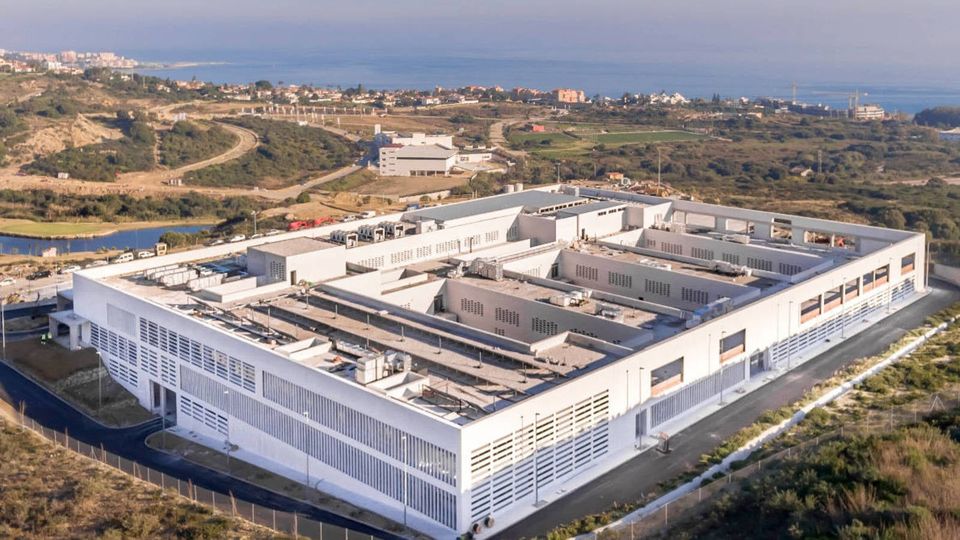Purchase Costs and Running Costs
When purchasing a resales property, buyers must always factor in the Purchase Costs. There are details of those costs on our website and we always discuss the costs with clients before and during viewings. It is essential that these are considered when budgeting for your property.
So, what are the Purchase Costs? The simplest calculation is to add 10% to the agreed sales price. This is made up as follows….

7% Property Tax
The Purchasers of a resale property will pay 7% of the agreed sales price to the local Govt.
It is actually 8% in most of Spain, but the Junta de Andalusia reduced the amount in 2021. Governments are not known for their foresight, so a 1% reduction compared to others is not only very welcome but also adds to the list of reasons why people are buying in this area.
If the agreed sales price is €400,000 or over, the Property Tax increases to 8%. The exception is New build/Off Plan properties which have a 10% Property Tax. The other tax to note is Complementary Tax (don’t you love the name?). If an agreed sales price is below the local Town Hall valuation (as seen on the annual Council Tax Bill), then the difference will also be taxed at 7%.
In truth this very rarely happens but a lawyer will advise on this. Which brings me nicely to the next cost.

1% plus IVA (VAT) Legal Fees
We ALWAYS recommend buyers (and sellers for that matter) use the services of a local lawyer. A lawyer will ensure the property is legally registered and transferred into your name and that it is free of all charges.
A lawyer will also oversee the payment of all taxes associated with the purchase.
A good lawyer will also make sure the utility companies and the local Town Hall are aware of the change in ownership.
We often suggest that purchasers provide a Power of Attorney for their lawyer. A quick trip to the local Notary to arrange a PoA means a lawyer can oversee all aspects of the sale. They can obtain NIE numbers (issued by the local Police station), open a Spanish Bank Account, pay taxes and change the utility bills. It’s a very useful option and makes the buying process very simple.
Land Registry and Notary Fees
These are also part of the Purchase Costs.
In total, the purchase cost for a resale property should be 10% of the agreed sales price. In fact, the average is a little close to 9.5% but we would rather be a little cautious and clients over budget to be on the safe side. If buyers are arranging a mortgage there will be bank costs to be added. These vary depending on the bank but the total amount can go up to 13% of the purchase price.
Then there are the Running Costs.

Community Fees
These vary depending on the facilities available on the community i.e. the shared communal
parts of the urbanisation your property is situated in.
Swimming pools and gardens must be maintained all year round. A lifeguard might be necessary if the pool is over a certain size. Then there are lifts, security gates, maybe security guards, general painting and maintenance of buildings – all need paying for and is part of the Community Fee. Some communities also include water usage.
So, Community Fees vary depending on the facilities. They are usually paid quarterly although some can be paid monthly. Some communities offer a discount for early payment and is worth checking out.
Although community fees may vary, the fees within each community rarely change considerably. It must be remembered that the community is run by the community, for the community.
There will be an AGM, usually chaired by the Community Administrators, where the running of the community is discussed, and the following year’s plans are agreed. Regular topics are painting funds and general maintenance. The President (a nominated and elected property owner within your community ) will also be (re)elected on these occasions and represents the majority´s requirements for the benefit of the community.
Generally speaking, owners buy into a certain standard when they buy a property on a community and want that standard to be maintained. As part of the conveyance a lawyer will often obtain the minutes and accounts of the Community. Castles Estate Agency always provide the amounts due for community fees for each property we list.

IBI
These are the annual rates paid to the local Town Hall. The bill is usually received at the beginning of July and must be paid by 13th September. The amount varies from property to property. The figure depends on the location, internal and external sizes. It doesn’t matter whether the usage is as a permanent residence or a holiday home.
Some Banks will accept cash payments with the correct paperwork. However, only certain banks accept the payments and only at certain times of the day, not particularly convenient! Personally, I would recommend a Direct Debit is set up to pay the IBI. Your lawyer/accountant can assist with this. Late payments incur a penalty fee so a DD avoids this (providing there is money in your account!).
A couple of things to note. Some properties have a deed (Escritura) for an apartment, a separate one for the parking space and another for a storeroom. If this is the case, there will be an IBI bill for each one. Usually there is just one escritura but there are a few exceptions.
Also, some Town Halls (Estepona, for example) have an IBI bill for a property and a separate (but looks the same) bill for the rubbish collection (basura). The second is a smaller amount and will also have to be paid.
Castles again provide all this information for individual properties.

Property Owners Wealth Tax
As a property owner you will be liable to make a tax declaration in Spain. There are a number of exemptions, and we recommend a consultation with our own advisers to guide you through the Tax System.
If you want a calculation the current formula is as follows. 2% of the Town Hall Value (Valor Catastral), as seen on the IBI bill, is the base figure. EU residents then pay 19% of this figure whilst non-EU residents pay 24% of the base figure. (Don’t blame me, I didn’t vote for it!).

Electricity/Water/Gas/Internet – as per usage. Privatization came a little late in Spain but there are now several providers for each utility. A quick internet search will help chose the best one for you. Generally speaking, the existing contracts for the utilities are changed into the new owners’ names (all the bills arepaid up to date – as checked by the lawyers) on completion of the sale. This ensures continuity of service, but it is also the simplest and cheapest way of proceeding. The new owners can then change providers later, if necessary.

The internet has become very important to householders in recent years. More and more people are working from home, wish to communicate with family all around the world, or simply want to watch TV. Whatever the reason for usage, a good, reliable fibre optic service is available in most areas. Again, there are different providers available offering different services. All figures provided are correct at the time of writing (April ’23). However, national and local governments occasionally tweak the calculations. We always update clients of any changes.
That’s a quick summary to both the Purchase and Running Costs. If you want any more information, please email me at: chris@castlesestateagency.com
It’s always good to hear from you.



